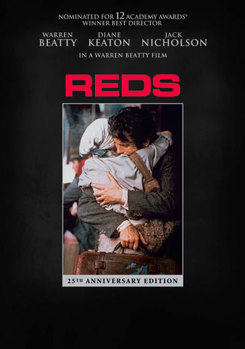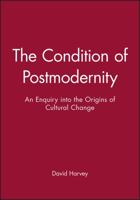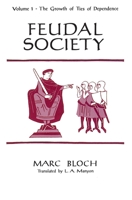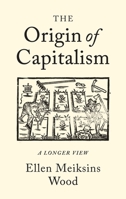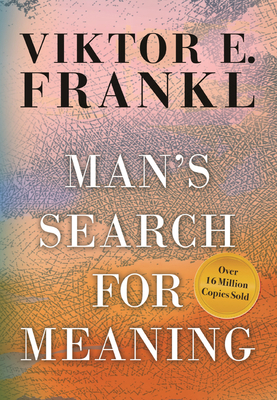Reds
Select Format
Select Condition 
You Might Also Enjoy
Product Description
U.S. journalist John Reed and wife Louise Bryant witness the Russian Revolution. Oscars for director Beatty, supporting actress Maureen Stapleton.
Format:DVD
Language:English
UPC:097360133141
Release Date:October 2006
Rating:PG (Parental Guidance Suggested)
Publisher:Paramount-Sds
Director:Warren Beatty
Starring:Beatty, Warren, Nicholson, Jack, Keaton, Diane
Runtime:3 hours, 20 minutes
Number of Disks:2
Other Video Info:DVD
Weight:0.27 lbs.
Dimensions:0.6" x 5.4" x 7.5"
Customer Reviews
2 customer ratings | 2 reviews
There are currently no reviews. Be the first to review this work.











